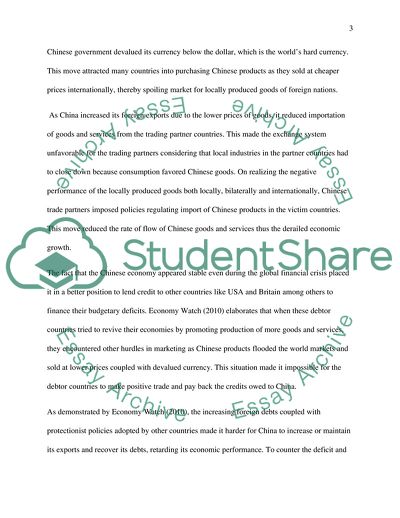List at least three challenges China faces in further economic Essay. https://studentshare.org/macro-microeconomics/1780011-list-at-least-three-challenges-china-faces-in-further-economic-development
List at Least Three Challenges China Faces in Further Economic Essay. https://studentshare.org/macro-microeconomics/1780011-list-at-least-three-challenges-china-faces-in-further-economic-development.


